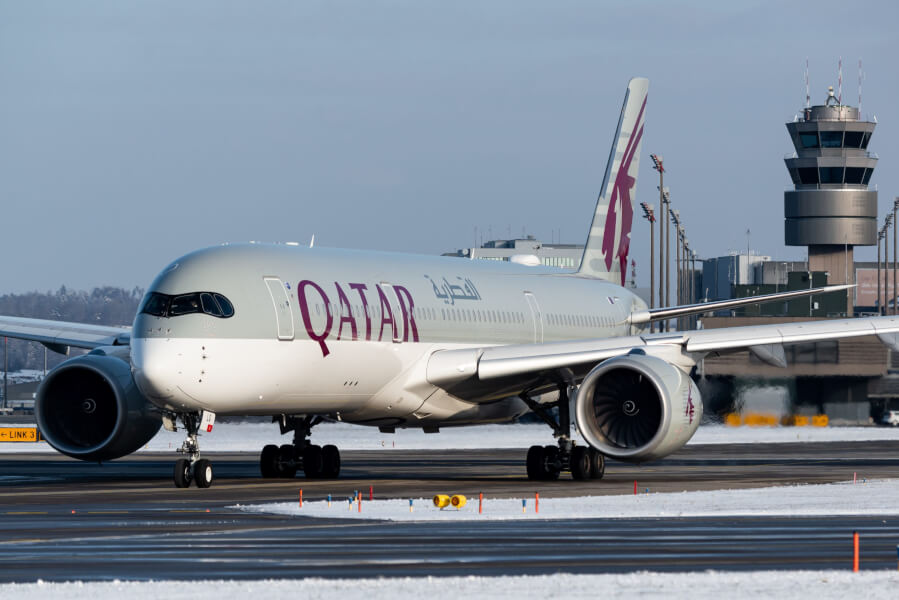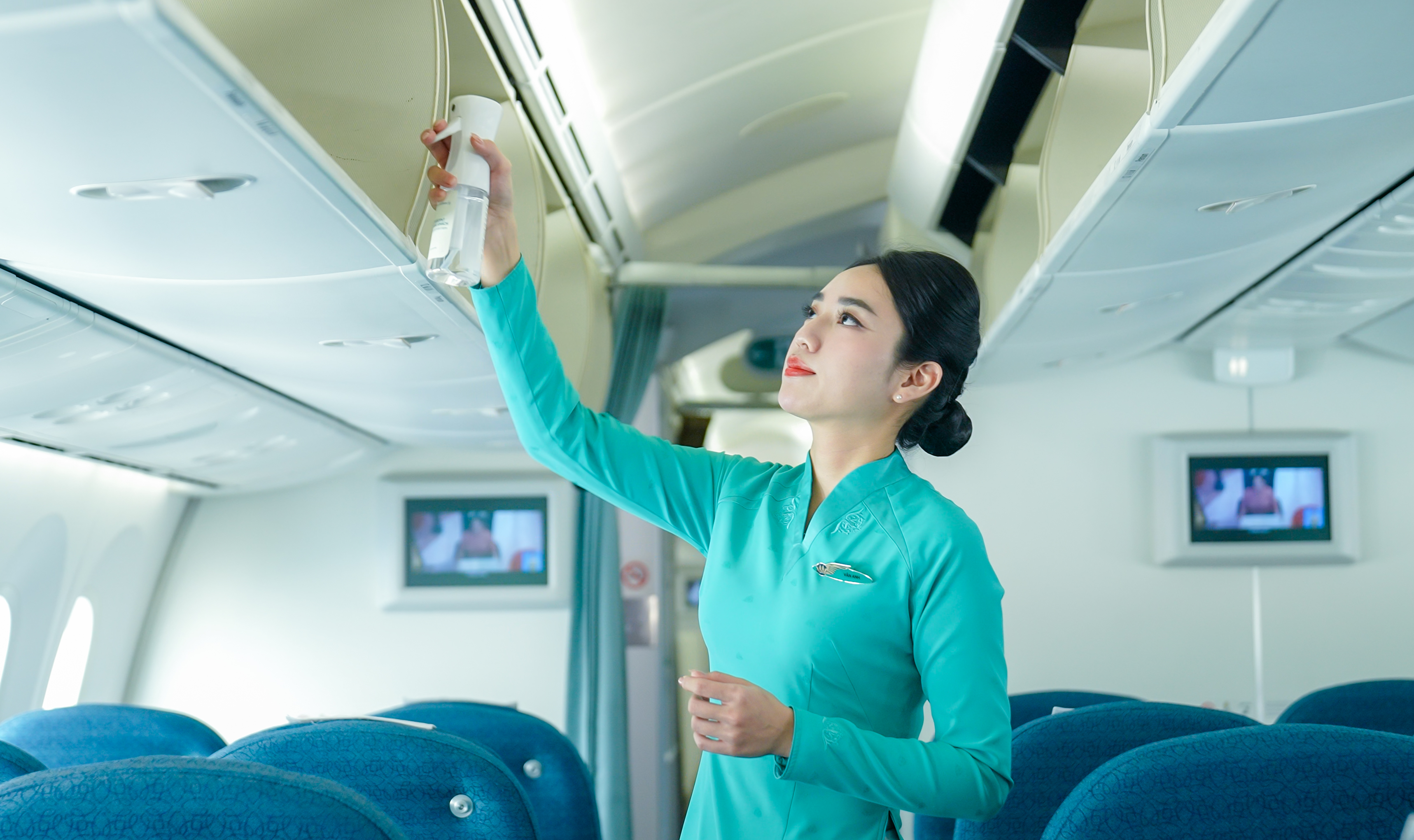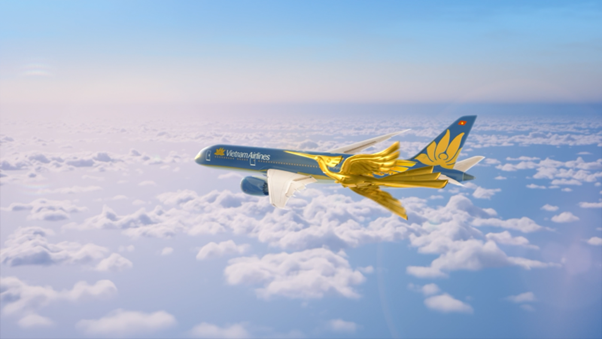
The two companies said a repair project is now underway and “both parties look forward to getting these aircraft safely back in the air”.
The details of the settlement are confidential and the parties will now proceed to discontinue their legal claims. The settlement agreement is not an admission of liability for either party, the two said.
The original issue had been building for the past year or longer the airline took the drastic step of grounding the affected aircraft “to ensure the continued safety of all passengers”, which might have forced the hand of Airbus. Qatar officials said that the issue was related to the paint that the aircraft had been delivered in and was deteriorating on composite areas where the aircraft experienced aerodynamic stress, leading to cracks in the composite structure.
Reports also said the issue includes planes at other airlines beyond Qatar. Finnair raised paint concerns as early as 2016 and reported in October 2019 that damage had spread below to the anti-lightning mesh. Cathay Pacific, Etihad, Lufthansa and Air France – acting in its capacity as maintenance provider for Air Caraibes – also complained of paint damage, according to reports.
Airbus though, hit back previously and said before that “While Airbus regrets the need to follow such a (legal) path, it has become necessary to defend its position and reputation. Airbus has worked actively with its customers in order to minimise the impact and any inconvenience caused by this in-service surface degradation on the aircraft. These solutions have all been dismissed by the above-mentioned customer without legitimate justification.”
Cre: Asian Aviation










